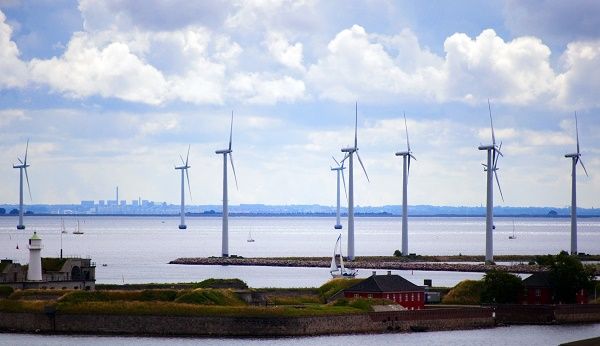A majority in Parliament has agreed to reduce the total PSO tax – a green tax that companies and private energy consumers must pay to support the development of sustainable energy sources.
The agreement – which achieved a majority through the support of Socialdemokratiet, Dansk Folkeparti, Radikale, Venstre, Socialistisk Folkeparti, Liberal Alliance and Konservative – is in response to the EU Commission’s criticism that the PSO system goes against EU law and must be changed by the end of the year.
“I am very pleased that the government and such a broad majority has landed a deal in the very tough PSO case,” said Lars Christian Lilleholt, the energy and research minister.
“It united the parties’ wishes to continue with the green transition and cut the PSO tax in a way that is still manageable for households and business. And we are simultaneously straightening our ability to compete and gain growth. Axing the PSO tax is the next smart step in Denmark’s transition to be independent of fossil fuels by 2050.”
READ MORE: Government to drop coastal wind turbine plans
Bottom tax going up
In total, the PSO tax was expected to cost companies and private energy consumers in Denmark some 70 billion kroner over the next decade.
According to the government, Danish homes will see their electricity bill reduced by about 10 percent on average, while the business sector will see an estimated 25 percent reduction on average – and have some of the lowest electricity prices in the EU, on a par with Sweden, Norway and Finland.
However, axing the tax will require the government to raise the bottom tax rate by 0.05 percent in 2018 and increasing it up to 0.09 percent by 2022 and beyond.














